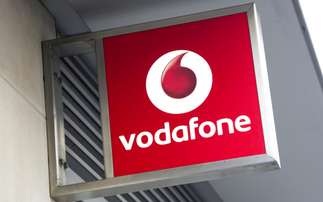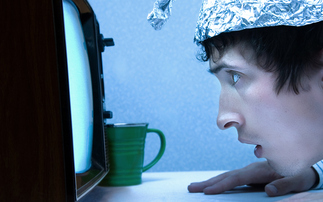Hawking Radiation theory postulates that black holes must emit radiation from their surfaces due to a mix of factors related to gravity and quantum physics
A group of scientists in Israel claims to have confirmed the existence of Hawking Radiation by using a "black hole" analogue created in the lab.
Hawking Radiation theory, proposed by renowned physicist Stephen Hawking, postulated that black holes must emit radiation from their surfaces due to a combination of various factors related to gravity and quantum physics.
However, a major problem in confirming the existence of Hawking Radiation is that there are no instruments to directly observe black holes and confirm or disprove the theory.
In the current study, researchers from the Technion-Israel Institute of Technology decided to test Hawking Radiation theory by making their own black hole in laboratory.
Their artificial sonic black hole is made of a quantum material known as Bose-Einstein condensate and also includes a laser to trap ultra-cold rubidium atoms. In total, scientists were able to trap 8,000 rubidium atoms using a focused laser beam.
According to scientists, this material is characterised by a 'point of no return', although instead of consuming light, it grabs sound, which is then not allowed to escape. The flowing atoms in the condensate prevent sound waves from escaping.
In their experiments, scientists were able to observe precisely what Hawking had predicted years ago. They recorded the thermal spectrum, as well as the wavelengths, produced by the black hole analogue - both matching the predictions made by Hawking.
Specifically, they found that a black hole is characterised by a thermal spectrum with a temperature, which is determined only by the system's analogous equivalent to gravity (a relationship between the speed of sound and its flow).
The scientists also found that the temperature of their sonic black hole conformed closely with that predicted by Hawking's theory.
The same research team had earlier found the first evidence of Hawking Radiation in a 2016 study. This time, they were able to make 21 improvements to the system, which enabled them to verify many other properties of radiations.
"The way I see it, what we saw was that Hawking's calculations were correct," study author Jeff Steinhauer told Gizmodo.
The research team now plans to conduct more experiments in future to gain a better understanding of how the radiation emitted by black hole surfaces may change over time.
The detailed findings of the study are published in journal Nature.
Delta is a new market intelligence service from Computing to help CIOs and other IT decision makers make smarter purchasing decisions - decisions informed by the knowledge and experience of other CIOs and IT decision makers.
Delta is free from vendor sponsorship or influence of any kind, and is guided by a steering committee of well-known CIOs, such as Charles Ewen, Christina Scott, Steve Capper and Laura Meyer.
Ten crucial technology areas are already covered at launch, with more data appearing and more areas being covered every week. Sign-up here for your free trial of the Computing Delta website.
















